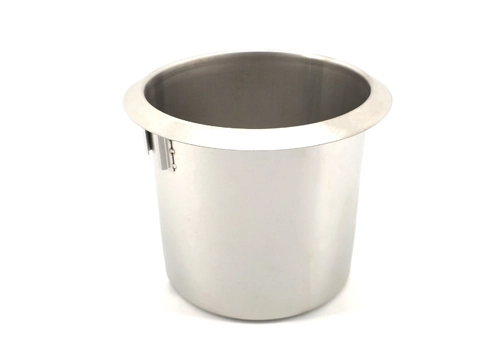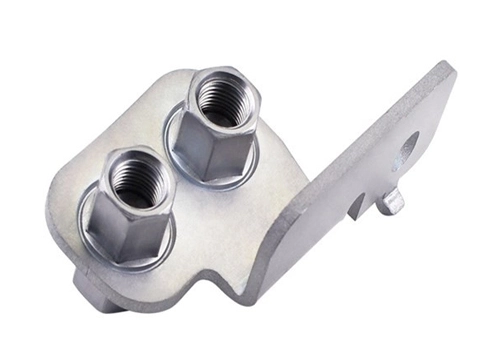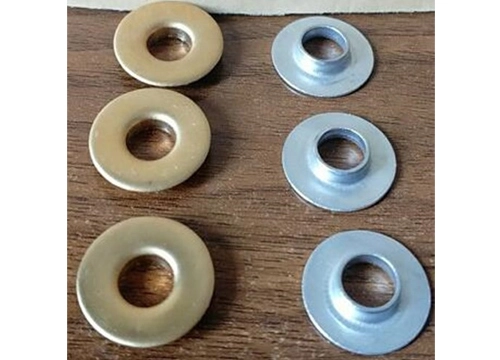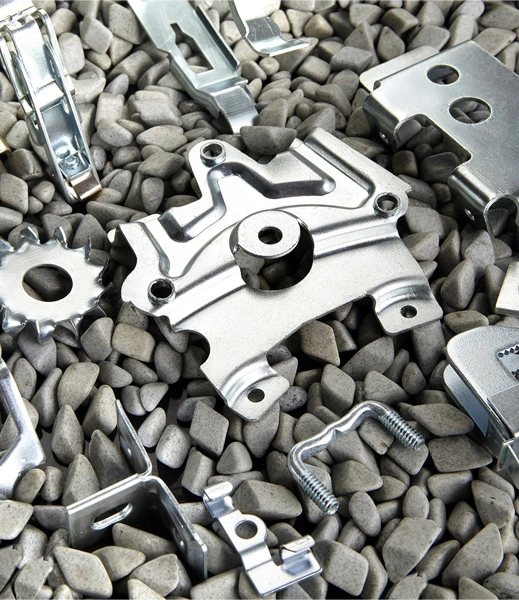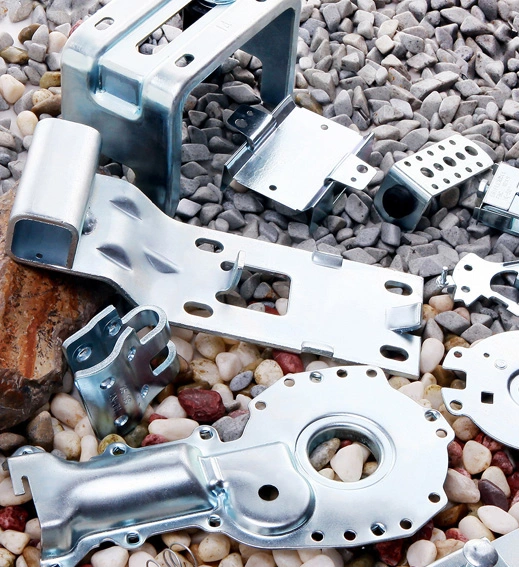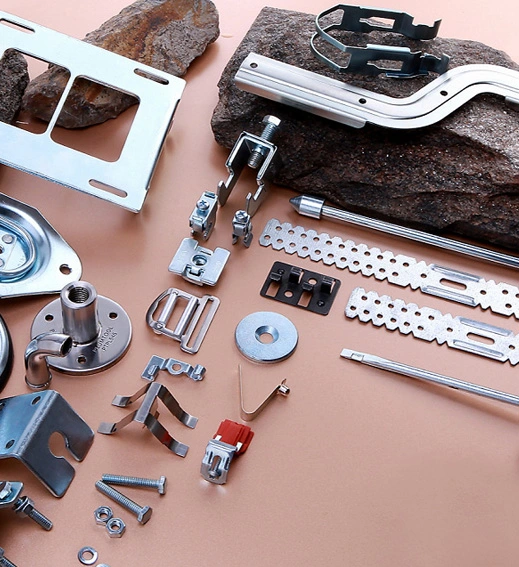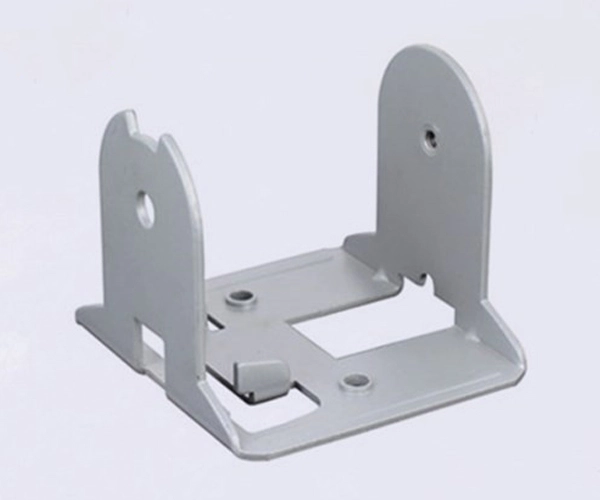

Product Item: M-24
Material: Aluminum/Stainless steel/Carbon Steel
Surface: Anodization/Powder coating/Painting/Zinc plating/Hot dip Galvanizing
Customized Size
tolerence: ±0.025mm
Metal Stamping, sometimes also known as pressing, relies on specialized tools (i.e. tools and mold sets) and equipment (i.e. presses) to form the desired shape and size of the metal plate and coil. The pressure exerted by the press on the workpiece forces the material to conform to the shape formed by the tool and mold. This process can occur in a single stage or across multiple stages, depending on the simplicity or complexity of the final product. Precision metal Stamping operations largely rely on the use of automated equipment, ensuring that the finished components are both precise and accurate.
In addition to higher precision and accuracy, precision metal stamping technology has some other advantages compared to other manufacturing processes, including:
1. Greater product and process quality: The accuracy provided by precision metal stamping technology means lower error rates in the production process. This means that the likelihood of producing defective or defective parts entering the hands of customers is relatively low.
2. Lower production costs: Precision metal stamping is a commonly automated process that reduces the need for manual labor. This quality also leads to a lower error rate, which means reducing material utilization and waste during production operations.
